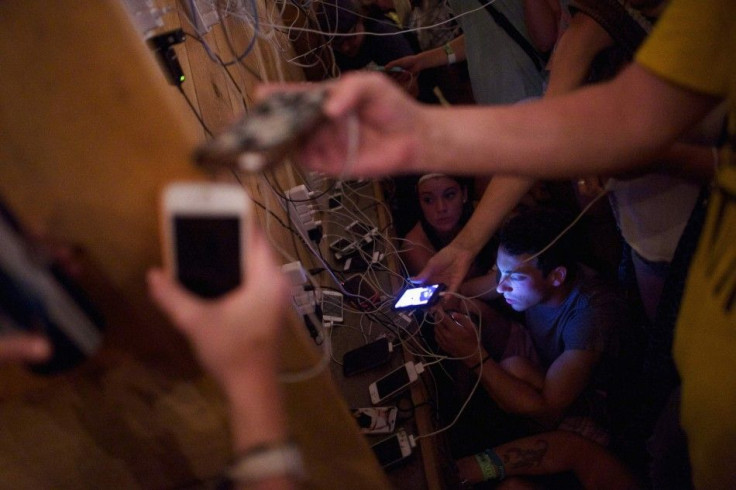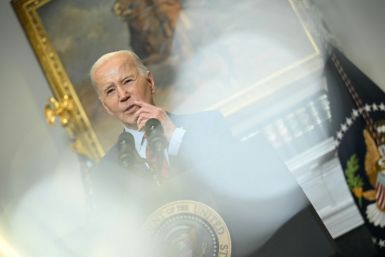US tightens mobile phone tracking rules: Federal agencies will require search warrants before using surveillance tools

The United States has taken yet another step to reduce surveillance of mobile phones by various federal agencies. Very soon, state agencies will require prior search warrants to use technologies that track mobile phones, according to an order by the Justice Department.
Until now, agencies like the FBI did not require any warrant for using machines called “cell-site simulators” for tracking the locations of mobile phones. The agencies had been claiming that the surveillance technology is vital in fighting crimes. This is despite the concerns of civil liberties groups that use of such devices amounts to invading the privacy of citizens, BBC reported.
The new rules will come into effect very soon and the agencies have also been instructed, “when the equipment is used to locate a known cellular device, all data must be deleted as soon as that device is located, and no less than once daily.”
Under the new policy, the agency personnel cannot collect the contents of any communication in a phone during the course of criminal investigations. The contents include emails, texts, contact lists and images in the phone.
“This new policy ensures our protocols for this technology are consistent, well-managed and respectful of individuals’ privacy and civil liberties,” said Deputy Attorney General Sally Quillian Yates.
Positive step
The American Civil Liberties Union gave a cautious welcome to the new rule and called it “a positive first step.” Nathan Freed Wessler, staff attorney at the ACLU, noted that this policy is not perfect as it still leaves out many federal agencies, state and local police departments, which are receiving federal funds to purchase such devices. The ACLU also expressed concern at the new rule that says "exceptions for exigent circumstances" are allowed and a search warrant may not be necessary.
Methodology
In tracking mobile phones, the simulator, also known as stingrays, spoofs a legitimate mobile tower and tricks every phone in the range to connect with it. Subsequently, it will "catch" the international mobile subscriber number or IMSI and electronic serial number or ESN of a user to trace his exact location. It is also capable of intercepting calls and text messages from targeted mobiles.
Significantly, the new policy follows the state-level warrant requirement on using surveillance devices enforced in states such as Washington, Virginia, Minnesota and Utah. However, investigating agencies are wary of the curbs as stingrays have been very useful in fighting crimes such as kidnappings, fugitive investigations and complicated narcotics cases, reports Computer Weekly.
For feedback/comments, contact the writer at feedback@ibtimes.com.au or let us know what you think below.






